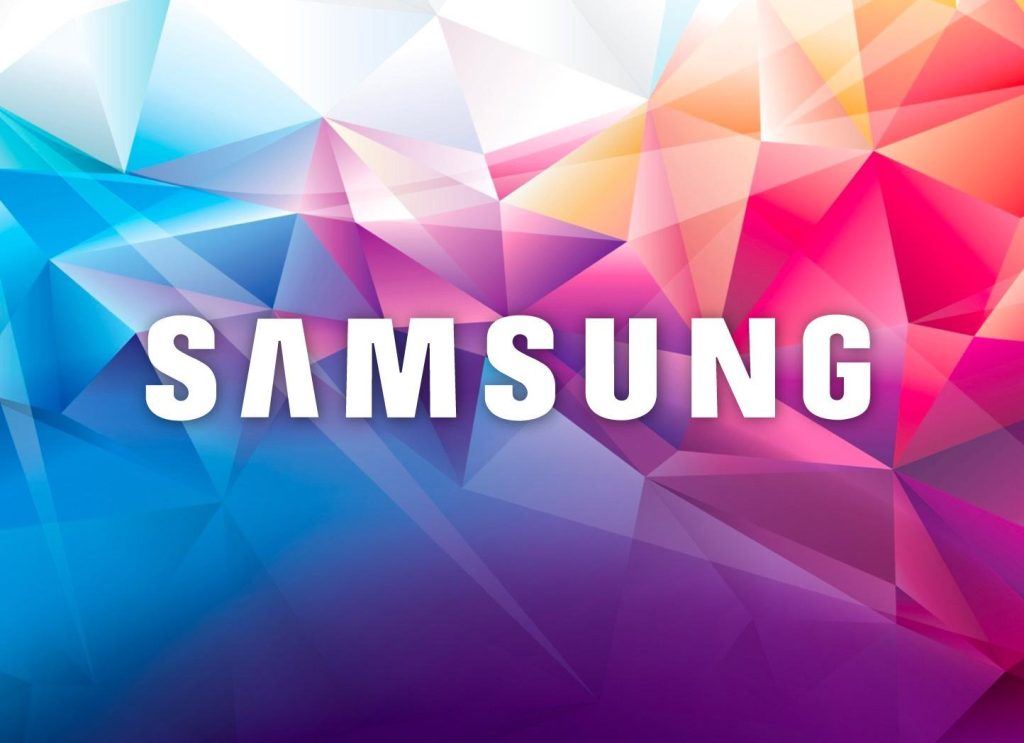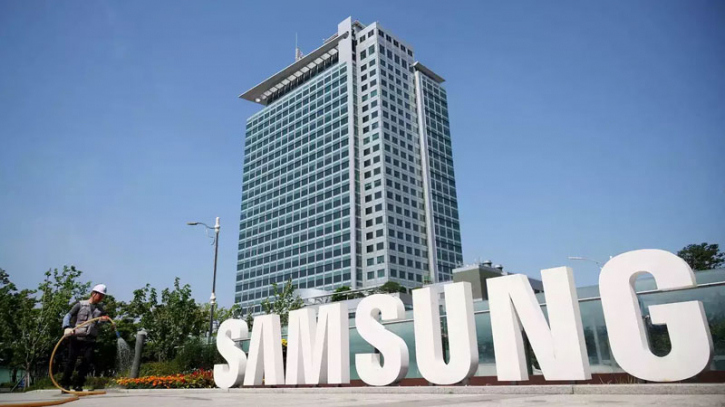Samsung Faces Steep 78% Profit Decline Amid Weak Chip Demand

Samsung Faces Steep 78% Profit Decline Amid Weak Chip Demand
In a recent earnings forecast, Samsung Electronics, the South Korean tech giant, has issued a somber warning to investors and consumers alike. The company revealed that it expects a staggering 78% plunge in its operating profit for the third quarter of the year, as it grapples with a persistent and unexpected dip in demand for consumer devices. This decline is in sharp contrast to the same period last year when the company reported operating profit of approximately 10.85 trillion Korean won ($8 billion). The forecasted operating profit for the third quarter of 2023 is just 2.4 trillion Korean won ($1.8 billion).
The slump in profits is not an isolated incident but rather continues a trend of poor financial performance for the tech giant. The global economic uncertainty, coupled with a changing consumer landscape, has led to consumers holding on to their smartphones and laptops for longer periods, resulting in diminished demand for new devices.
In a year when the world expected a tech renaissance, the situation appears dire. According to Counterpoint Research, 2023 is on course to become the worst year for global smartphone shipments in a decade, with shipments predicted to fall by 6% to less than 1.2 billion units. In significant markets such as North America, consumers are showing reluctance to upgrade their existing devices, as noted in an August report by Counterpoint Research.
Samsung’s troubles began earlier this year when the company reported a staggering 95% drop in operating profit in the first quarter. This was closely followed by a record loss in its semiconductor business, with similar results in the second quarter. These difficulties can be largely attributed to the shifts in the global semiconductor industry. After facing a historic supply shortage during the COVID-19 pandemic, the industry is now experiencing an oversupply in some areas, which is negatively impacting Samsung’s bottom line.
Consultancy firm Bain points out that the semiconductor industry’s post-pandemic rebound led to an increase in capacity, to the extent that it has now resulted in an oversupply. However, Bain suggests that this is part of the normal ebb and flow in the industry, indicating that a recovery is possible.
Samsung itself has been optimistic about the situation, sharing with its shareholders an expectation of a gradual comeback in global demand during the second half of the year. In a statement released in July, the company expressed hope that “this should lead to an improvement in earnings driven by the component business.” However, they also cautioned that “continued macroeconomic risks could prove to be a challenge.”

Analysts are generally optimistic about a turnaround in the memory chip sector, which will ultimately benefit manufacturers like Samsung. Nomura analysts recently indicated that they anticipate a recovery in the sector to accelerate throughout the remainder of this year. They noted that memory prices are expected to remain stable or even slightly increase in the third quarter before showing robust growth in the fourth quarter. As a result, they maintain a “buy” rating on Samsung’s stock.
Investors and stakeholders took some comfort from these positive signs, with Samsung’s shares gaining 3.5% in Seoul after the company’s announcement. However, the road to recovery for the tech giant appears to be a challenging one, with various external factors and market dynamics contributing to the current turbulence.
The global chip market is undergoing a significant transformation that has caught many industry players off guard. Following the initial shock of the COVID-19 pandemic, demand for electronics surged, resulting in a shortage of crucial semiconductor components. This shortage impacted various industries, from automotive to consumer electronics, leading to production delays and increased prices for many goods.
In response, semiconductor manufacturers, including Samsung, ramped up production capacity to meet the surging demand. However, the situation has now reversed, with oversupply becoming a concern. The fluctuation in chip supply and demand is not unusual, as the industry is known for its cyclical nature. But the rapid shift from shortage to surplus has been particularly challenging to navigate.

One of the key contributors to this situation is the evolving nature of technology and consumer behavior. The pandemic forced many people to rely heavily on digital devices for work, education, and entertainment, driving a surge in demand for electronics. As a result, chipmakers concentrated on producing chips for devices such as laptops, tablets, and smartphones, and many redirected production away from industries like automobiles.
However, as the world gradually emerges from the pandemic, consumer preferences have started to shift. People are less inclined to upgrade their devices as frequently, and the focus is turning towards other sectors such as electric vehicles and renewable energy technologies. This shift has caught chipmakers off guard, leading to an oversupply of chips for consumer devices and a shortage in chips needed for newer applications.
The oversupply issue is not unique to Samsung. Other industry players are also grappling with the challenge. Intel, for instance, announced a delay in its advanced chip production technology, and Taiwan Semiconductor Manufacturing Company (TSMC) saw its growth slow due to weaker chip demand. The oversupply has created pricing pressure, causing chip prices to drop and impacting the profitability of manufacturers.
Despite these challenges, industry experts remain cautiously optimistic. They see the current situation as a temporary setback, rather than a long-term crisis. As the demand for electric vehicles, 5G networks, and data centers continues to grow, the demand for specialized chips in these areas is expected to increase, potentially absorbing the surplus production capacity.
Samsung, as one of the giants in the semiconductor industry, is well-positioned to weather the storm. The company has a diverse portfolio of products, ranging from smartphones and consumer electronics to advanced semiconductor components. This diversity can help buffer the impact of fluctuations in individual market segments.

The company’s focus on memory chips is also an area of strength. While memory chip prices may currently be flat or slightly decreasing, they are expected to rebound in the near future, contributing to Samsung’s recovery.
Samsung’s ability to adapt and diversify its product portfolio will be crucial in navigating the volatile semiconductor market. The company’s experience and expertise in the industry, along with its commitment to innovation, position it to overcome the current challenges and emerge stronger in the long run.
In conclusion, Samsung’s recent profit warning underscores the challenges facing the semiconductor industry and the rapidly evolving consumer electronics market. The company is not alone in grappling with these challenges, as oversupply and changing consumer behavior have impacted many players in the industry. While the short-term outlook appears challenging, industry experts anticipate a rebound in demand for specialized chips as new technologies and applications continue to emerge. Samsung’s strong position and diversified product portfolio provide hope for a brighter future, despite the current headwinds.




